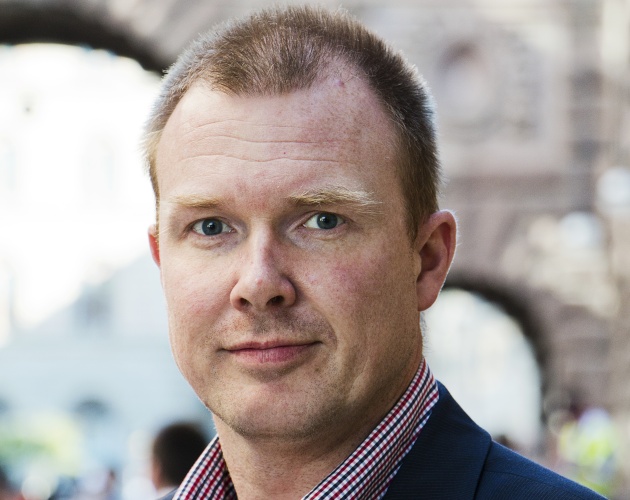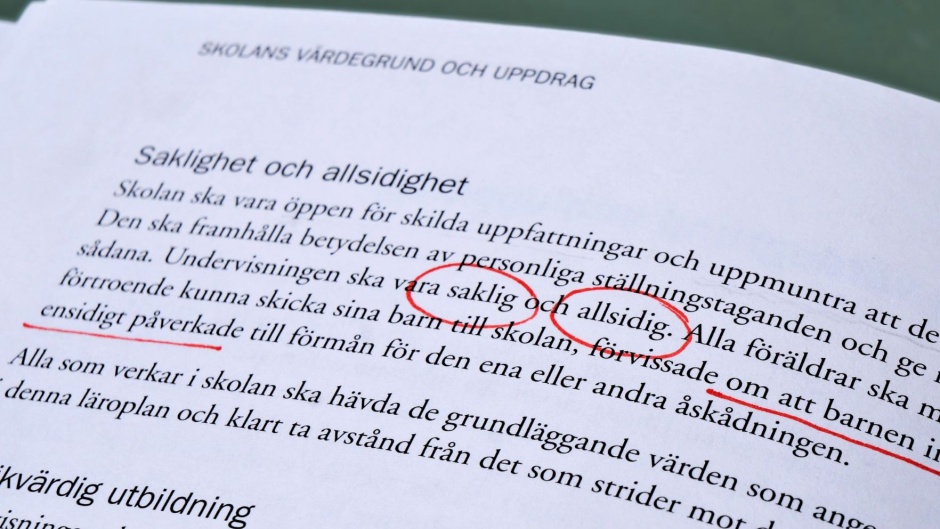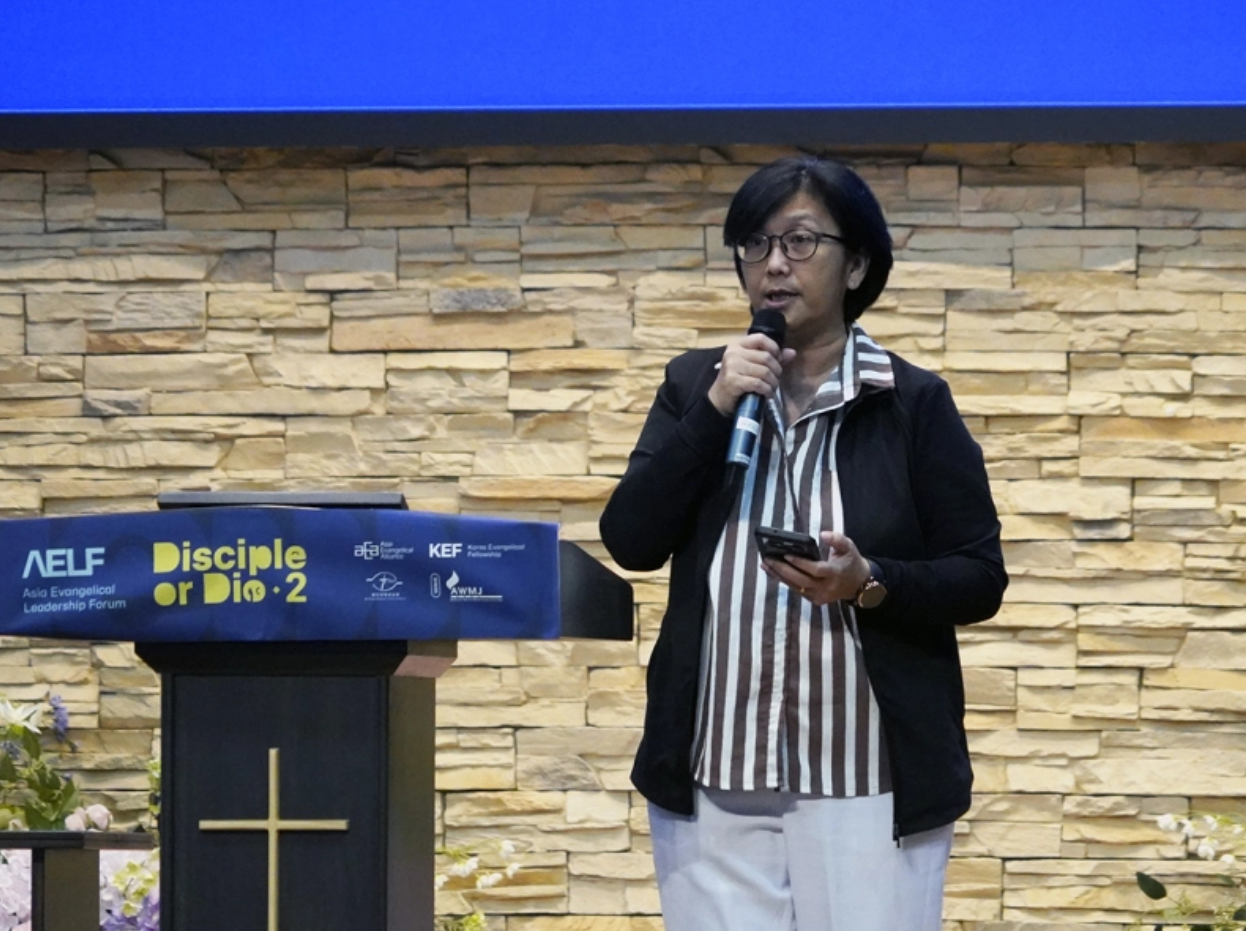A 60-page report of the Christian think tank Clapham Institutet examined religion and science school materials. Researcher Per Ewert hopes publishers and experts will revise the curricula for next year.
The textbooks for primary and secondary schools in Sweden portray the Christian faith in “inaccurate and one-sided” ways, the Clapham Institutet (Clapham Institute) has said.
In a 60-page report of this Christian think tank, the authors examined the classroom books of the four leading publishers in Sweden: Gleerups, Liber, Natur & Kultur and Sanoma. They focused on the materials of two subjects: religion and science.
“The most serious deficiencies in religion books often concern the description of the Bible”, the Clapham Institute says, including “conspiration theories” about the authorship of the gospels. But also descriptions of the Christianity today are often “ignorant, sometimes exoticizing or negatively prejudiced, especially against Orthodox and evangelical Christian belief and practice”.
When it comes to science, there is an “inaccurate historiography”, supporting idea of a conflict between faith and science, says the report. The fact that there is not enough space for ethical and philosophical discussions is also a shortcoming in many textbooks.
The three authors of the report (pedagogue and licensed teacher Sofia Ödman, researcher on secularisation and licensed teacher Per Ewert, and long-standing science teacher Crister Andersson) presented their findings in a seminar during Almedalsveckan, Sweden’s largest political gathering. Among those attending the talk were representatives of Swedish newspapers and educational publishers.

Evangelical Focus asked co-author Per Ewert about the context around the report.
Question. Why is it crucial for you that the Christian faith is represented in a fair manner in Swedish school textbooks?
Answer. The national curriculum and the syllabus for Religious Education requests that the school teaching is objective and balanced. And even though Sweden is a very secular nation, Christianity still has a central role in the syllabus of Religious Education. Therefore, it is of importance for both the state and the Christian churches that the teaching follows these requirements.
Q. From all your examination in the textbooks, what is the example that most clearly stood out for you?
A. The most striking shortcomings in the books was the presentation of the Bible and its content. Some formulations were downright speculative or false, such as the suggestion that Mary of Magdala was married to Jesus, or that she wrote the Gospel of John.
Other general negative tendencies were found in the textbooks regarding the reliability of the Bible and towards the Christian heritage of Sweden and Europe.
Q. Sweden has a Protestant history but has become a very secularised country. Do you see efforts by politicians or other groups to further cut the Christian roots in society?
A. The governing Social Democrats pursued the secularization of the school system in Sweden during the 1900s. The strong secular tendencies within teachers’ colleges and, as shown, in textbooks and other spheres influencing school education, have resulted in an atmosphere in the public schools that is very negative towards religion in general and Christianity in particular. This election year, the Social Democrats and the Liberals run a campaign against Christian (and other religious) schools, so the pressure is still strong in the same direction.
Q. Have there been reactions to your report by publishers, pedagogues and other education experts? Do you see possibilities of collaboration with humanists and atheists in helping to include more philosophical discussions in the textbooks?
“Some formulations were downright speculative or false, such as the suggestion that Mary of Magdala was married to Jesus”
A. At the release seminar at the political gathering Almedalen week, we had one representative from the Christian Free School Council and one from the Secular Humanists, who both agreed with our conclusions – that the textbooks show severe problems which must be dealt with.
At the seminar, I also referred to a book for high school pupils about Christianity that one prominent secular humanist published. Here, he asked me and others for a factual review before publishing, which actually made this book a lot better than several of those from the
textbook publishers.
At the seminar, there was also a representative from one of the publishers which received most criticism, and he promised to read the report thoroughly and proceed from there. This is what I hope for, that the textbooks be revised in order that every child should receive a valid presentation of Christianity in school.
Q. How can Christian parents help their children to understand the place of the Christian faith in society?
A. I think it is valuable that Christian parents describe truthfully that in school and other arenas in secular society, the children are going to meet basic propositions and values very far from the Biblical worldview.
We should listen to what children experience in school and elsewhere and help them sort out their reactions. What is sound? What is destructive and they need strategies to handle? And where do we actually have to step in as caring parents if the school or other arenas transgress what is professional and according to curriculum and other central documents? I like to believe that truth and law is on our side, and we need to give much love and advice to our children in a very secular time such as ours.

The Clapham Institutet is a Christian think tank in Sweden
Originally published on The Evangelical Focus
(c) Evangelical Focus, used with permission




